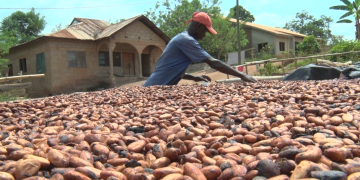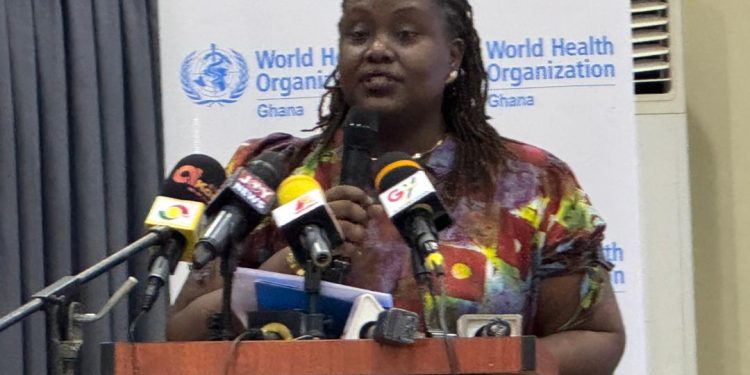The Ghana Health Service has held stakolders engagement ahead of national officially launched of Human Papillomavirus (HPV) vaccine introduction campaign.
This is expected to be a major milestone in the country’s fight against cervical cancer.

The initiative was unveiled during a stakeholder engagement meeting with regional education leaders held in Kumasi, where key health and education officials convened to strategize on implementation.
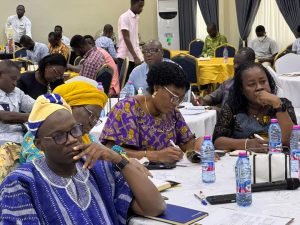
Delivering the keynote address, Dr. Fiona Braka, the World Health Organization (WHO) Representative in Ghana, emphasized the urgent need to protect adolescent girls from HPV—a virus responsible for nearly all cases of cervical cancer.
“Cervical cancer is the fourth most common cancer globally, claiming the lives of over 300,000 women each year. The burden is highest in sub-Saharan Africa, where over 70% of cases are diagnosed too late for effective treatment,” Dr. Braka noted.
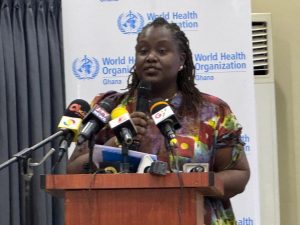
The HPV vaccine rollout is part of the WHO’s global strategy to eliminate cervical cancer as a public health problem.
Known as the “90-70-90” strategy, it aims to ensure that by 2030
90% of girls are fully vaccinated against HPV by age 15,
70% of women are screened at ages 35 and 45,
90% of women diagnosed with cervical disease receive treatment.
Ghana joins over 140 countries worldwide and 28 in the WHO African Region in integrating the HPV vaccine into its national immunization programme.
Girls aged 9 to 14 will be the primary target of the vaccination drive, with schools serving as a critical platform for reaching them.
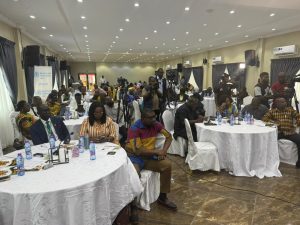
“Most girls in this age group are in school, which makes school-based vaccination a vital strategy,” Dr. Braka said, highlighting Ghana’s strong School Health Programme as a foundation for successful vaccine delivery.
The partnership between the health and education sectors has already proven effective through initiatives like the Girls’ Iron-Folate Supplementation (GIFTS) programme and mass drug administration for neglected tropical diseases (NTDs).
The HPV vaccination campaign is expected to further enhance school-based health services and improve long-term health outcomes.
Dr. Braka also called on the media to play a proactive role in supporting the campaign by spreading accurate, evidence-based information and helping to counteract misinformation.
“Share human-centered stories that highlight the importance of HPV vaccination and provide platforms for experts to educate the public,” she urged.
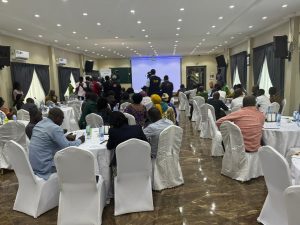
The WHO reaffirmed its commitment to supporting Ghana in its quest to eliminate cervical cancer and ensure equitable access to life-saving health services.
“With unity and determination, we can protect our girls, strengthen our communities, and secure a healthier future,” Dr. Braka concluded.
Source :www.kumasimail.com




















